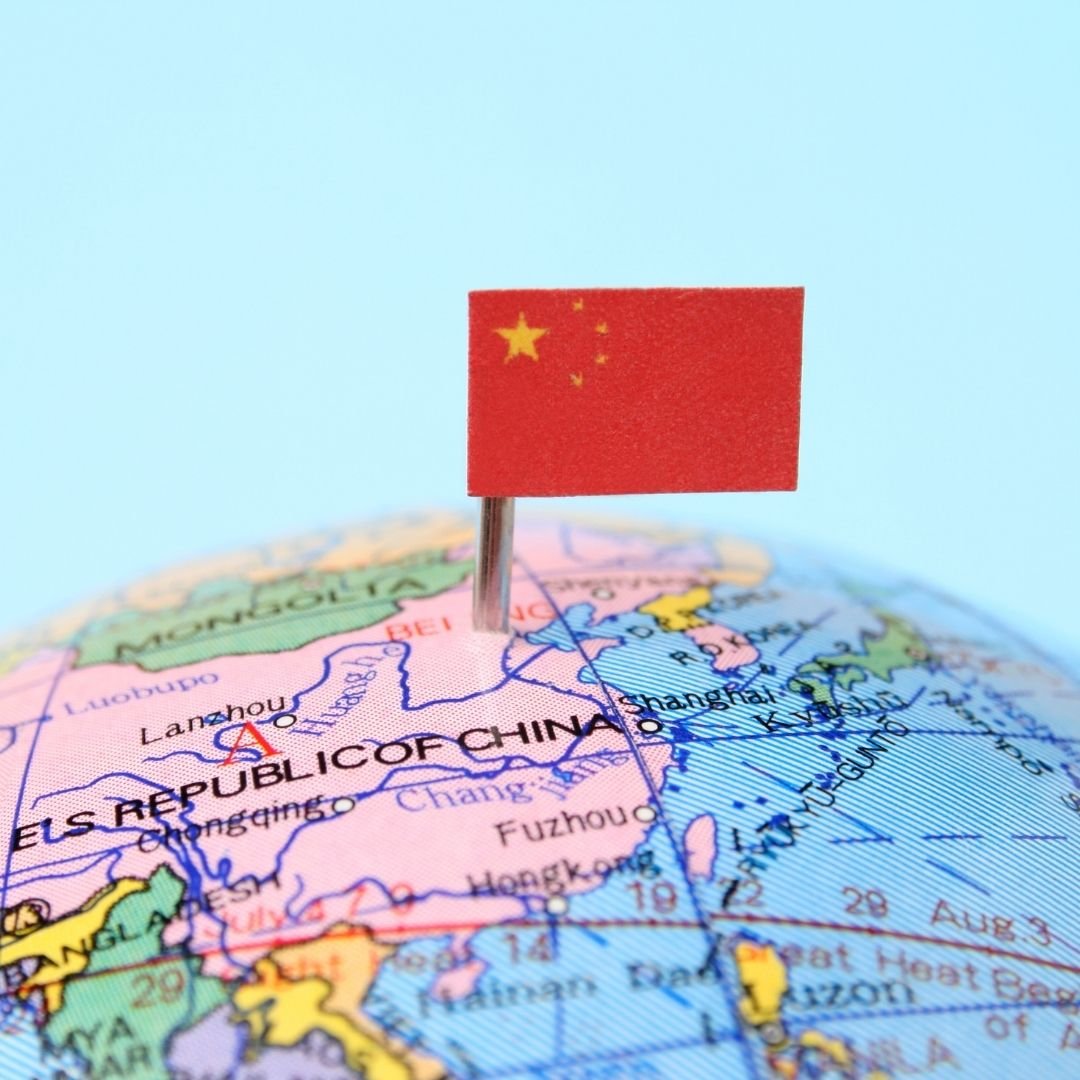I’ve written a few things on logistics here and there, but am by no means an expert. However, as rural and cross-border logistics become a greater national priority, I think it’s important to start taking a look at some of the players. It’ll also be our next (long overdue) Tech Buzz China episode! So here goes:
Why did Alibaba build Cainiao?
Well, Alibaba thinks of itself as a commerce platform. (Which is accurate!) It didn’t think that it made sense to build its own logistics a la JD, nor should it have an overly reliant relationship with one specific provider. So the solution was to have a logistics network. And yes, when it came out it confused everyone, because it hadn’t been done before.
Cainiao’s Goal:
“For consumers and manufacturers, this means a typical, 1 kg package can be sent anywhere in China within 24 hours for around 30 cents. The goal is to deliver it anywhere in the world within 72 hours for $3.” (Time)
What is it?
It is a logistics network! Logistics folk like to call it 4PL.
-
3PL is like DHL, Fedex, or JD Logistics etc. Specialized companies you outsource your inventory management, warehousing, and fulfillment to.
-
Whereas a 4PL, or 4th party logistics provider, manages 3PLs, and whatever other resources, technology, infrastructure, needed to design, build and provide supply chain solutions for businesses.
I just like to think of it as everything about the logistics experience but excluding the logistics companies themselves. So you service the players involved, which would be the merchants, the users, and the logistics companies.
-
For users, it’s basically package pickup and delivery. There are tens of thousands of post stations run by micro-entrepreneurs, who earn 50 RMB cents per package. (Basically like a sort of Amazon locker, where you can have things be delivered and stored for free for 5 days.)
-
For logistics companies, it’s sending them orders and managing those orders, selling them other related enterprise software, and providing financing solutions.
-
For merchants, it’s sending orders and financing solutions. For domestic merchants, there are some C2M capabilities. For cross border merchants, there are various options, including ocean freight.
TAM: Cainiao is actually starting to do cross border, which I’ve been saying is a huge trend (so often actually that I’m starting to annoy myself 😂). But you don’t even have to take into account this emerging business … because the domestic market is on 🔥. I’ve posted about it before here, but here are a few numbers you can try to remember:
-
By 2018, China was already at well over 100 million packages a day (50 Bn total)
-
This year, it’s looking like it will be north of 100 billion, 67 packages per person per year
-
In 2019, China was almost 2/3 of the globe (using an estimate of the top 13 markets), and 4x as much as second place US. (China is about twice as big as the US in ecommerce.)
Who’s part of Cainiao?
Well, technically Cainiao has many partners (clients?). But some of those partners are also equity holders. Founding shareholders include: Alibaba, Fosun, a major conglomerate, Yintai, a major retailer, and 5 other major logistics companies in China. Shunfeng, or SF Express, and then the so-called 三通一达, or Three Tongs and One Da: Shentong AKA STO, Yuantong AKA YTO, Zhongtong AKA ZTO, and Yunda AKA Yunda Express.
It looks like Tmall now owns 63% of the company (up from 43% at inception), and each of the 5 logistics companies still own just 1% each.
Revenue: $5.7Bn in the 12 months ending March 2021, which is +68% YoY; positive operating cash flow. This is a pretty good improvement from 2017, when it was still losing $100mm in just the first half of the year?
OK, Cainiao sounds pretty sweet right?
Yes … but maybe not as much as the company would like to have you believe. My limited understanding of the situation is that many industry experts think Alibaba should have bitten the bullet and built up its own 3PL, instead of going for this 4PL business, as owning your own logistics is more defensible / stable. The 3PLs that are investors in Cainiao are not necessarily loyal because firstly, their equity ownership is pretty much just symbolic, and secondly, they aren’t some preferred partner of Cainiao’s where the business from Cainiao is significant enough that they would bend over just to make Cainiao happy. Instead, they are still engaged in price wars with each other all the time, and they don’t really have loyalty to Cainiao. We see this with Pinduoduo, who has been launching bits and pieces of Cainiao’s services, and has signaled quite boldly that it will do more, especially now that it’s generating one-third of the parcel volume in China. So at least Pinduoduo’s business is at risk. But what was everyone expecting, that there would be no competition? 😄
What are your thoughts? Please post below!




